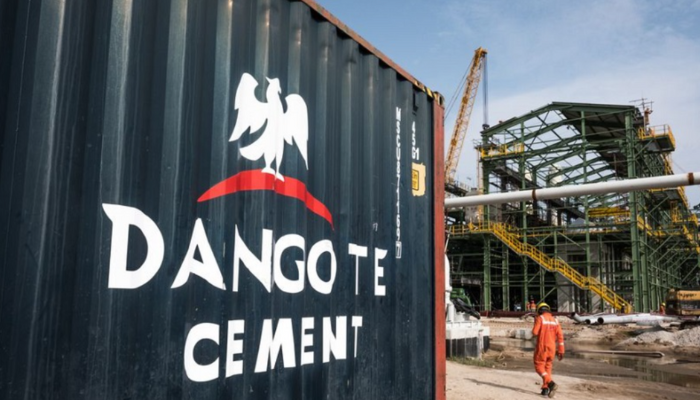Dangote Cement Plc has announced a major investment exceeding $280 million to advance compressed natural gas (CNG) technology and infrastructure, aligning with President Bola Ahmed Tinubu’s CNG Initiative. This initiative aims to provide Nigerians with cleaner and more affordable fuelling options.
In a recent statement, Arvind Pathak, Group Managing Director of Dangote Cement Plc, highlighted that the company’s investment will enable a 100% CNG-powered truck fleet in the long term, furthering Dangote Cement’s commitment to environmental sustainability and climate change mitigation.
As of October, Dangote Cement has already acquired an initial batch of 1,500 mono-fuel CNG trucks, with an additional 1,600 trucks expected by year-end—bringing the total fleet to 3,100. The company targets a fully CNG-powered fleet by mid-2026, supported by a robust expansion in CNG fuelling infrastructure. Pathak explained that to meet this goal, the company has implemented a phased deployment plan starting from Q1 2025, ensuring reliable CNG access for the fleet.
In addition to truck procurement, Dangote Cement is developing CNG stations, including a completed station at Obajana capable of refuelling over 3,000 trucks. A second station in Ibese is also underway, bolstering the company’s role in Nigeria’s shift towards cleaner fuel alternatives.
Alhaji Aliko Dangote, President and CEO of Dangote Group, affirmed that the company’s investments align with Nigeria’s Nationally Determined Contribution (NDC) under the Paris Agreement, which seeks to achieve net-zero emissions by 2060. Dangote lauded President Tinubu’s leadership under the Renewed Hope Agenda, emphasising that Dangote Cement’s adoption of CNG supports Nigeria’s energy independence, security, and commitment to a cleaner future.
In deploying the largest CNG fleet in Nigeria, Dangote Cement not only backs the nation’s sustainability goals but also sets a benchmark for private sector contributions to cleaner energy initiatives. The company remains dedicated to supporting a greener economy in line with the government’s policies for energy efficiency and environmental responsibility.



